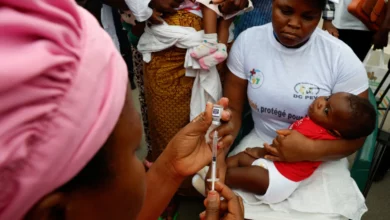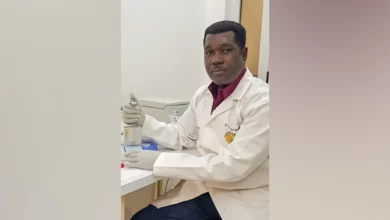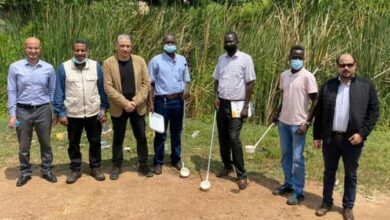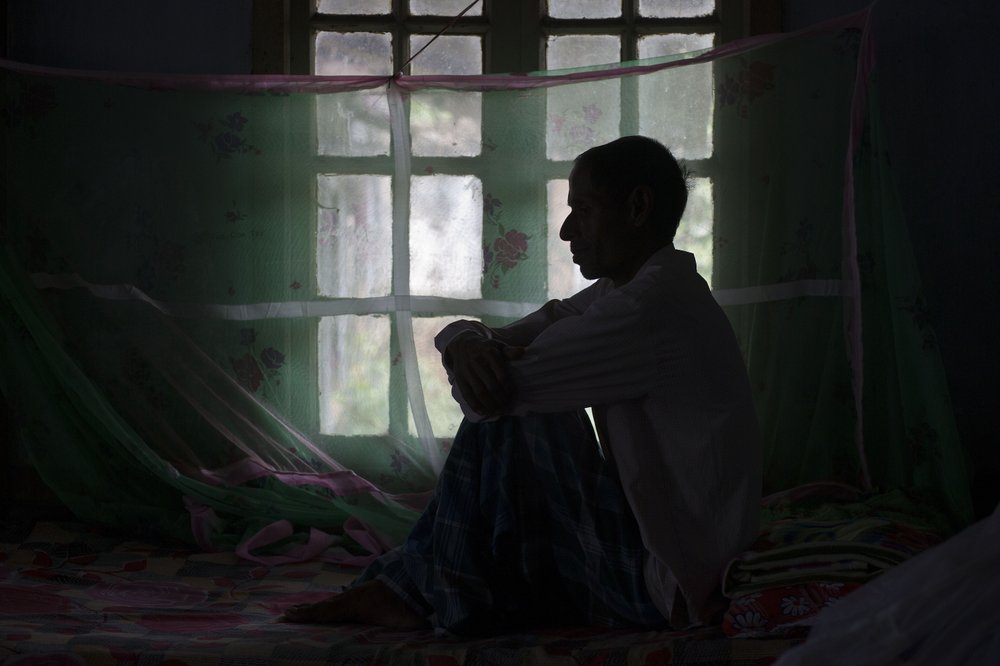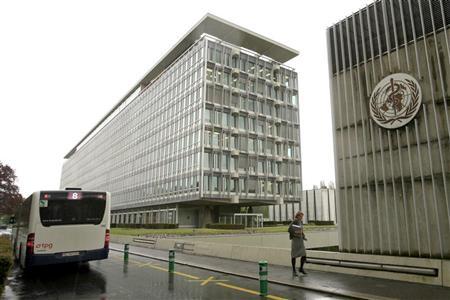
Novartis, a leading world pharmaceutics company, is sponsoring a fundraising campaign seeking to secure three million antimalarial treatments for children in the African republic of Zambia, as estimates count one child dying every minute due to the disease in Africa.
“Over the past decade, we have delivered 700 million antimalarial treatments without profit in malaria-endemic countries but more work is needed. We need to continue to step up efforts, not only by increasing access to antimalarials but also by researching next-generation treatments to move closer to our vision of a malaria-free world,” said Joseph Jimenez, CEO of Novartis.
According to the World Health Organization, the virus, although treatable, caused an estimated 627,000 deaths in 2012, mostly African children.
“Increased malaria prevention and control measures are dramatically reducing the malaria burden in many places,” the WHO says in its identification of the virus. But the one-death-every-minute fact arouses questions about priorities in the world’s fight against deadly diseases, and the sufficiency of pharmaceutical companies’ efforts to eradicate the treatable malaria.
In an article published in August in Jacobin magazine, Leigh Phillips, an EU affairs journalist, highlights what he suggests to be a developed world’s double-standard approach to the battle against diseases, taking the current fight against Ebola outbreak in Western Africa as an example.
Phillips says major medical companies do not find it feasible to invest in Ebola treatments due to the diseases’ limited morbidity.
“Ebola is a problem that is not being solved because there is almost no money to be made in solving it. It’s an unprofitable disease,” Phillips wrote in his article, explaining that 2,400 people killed since Ebola was first identified in 1976.
“Major pharmaceutical companies know that the market for fighting Ebola is minute while the costs of developing treatment remain significant.”

